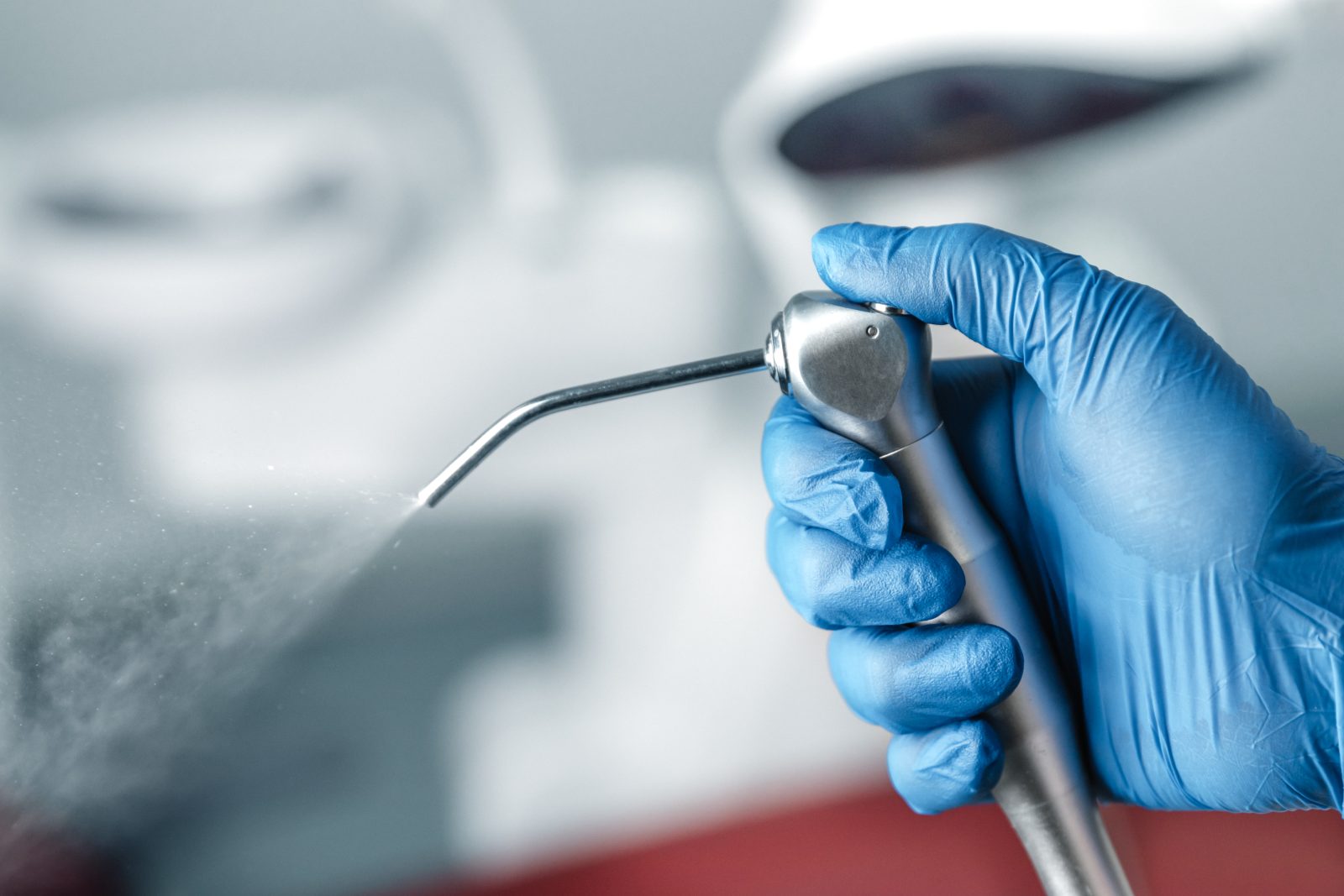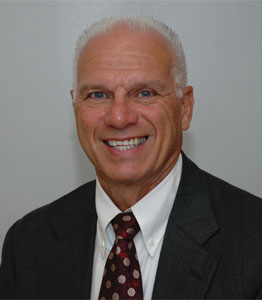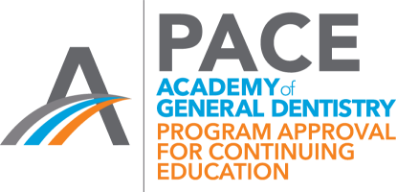

Presented by
John A. Molinari
Ph.D.
View Bio
Course Description
Basic Science
Infections caused by waterborne microorganisms are among the most harmful to global health. These include diseases caused by a variety of bacteria, protozoa, viruses, and other parasites. They can proliferate in many natural water sources, as well as man-made systems designed to provide potable water for public and healthcare use.
An initial overview of the principles and epidemiology associated with waterborne infections will be presented, followed by discussion of representative, clinically important pathogens, and the challenges they present to medical and dental facilities. Emphasis will focus on microbial challenges presented by bacteria found in dental water sources which have been documented as causes of infections in dental patients, including Pseudomonas, Legionella, and nontuberculous Mycobacteria (NTM) species.
Comprehensive infection prevention recommendations also will be included as preventive procedures and protocols for controlling colonization of dental treatment water. Overall, this seminar is aimed at providing clinical microbiology concepts and relevant information needed to protect patients and personnel against waterborne infection in clinical settings.
“The educational teaching methodology used in this course is live, interactive lecture presented via Zoom webinar with an accompanying PowerPoint presentation. Both the live webinar and the PowerPoint presentation incorporate a variety of audio and visual cues to enhance audience members’ understanding and retention of key concepts. In addition, question and answer periods are provided for at the conclusion of each section of the live webinar.”
Course Objectives
At the completion of this course the participants should be able to:
- Understand the unique colonization and pathogenic properties of waterborne microorganisms that promote cross-contamination and infection in susceptible hosts.
- Comprehend the historical and current challenges waterborne infections present to the population and healthcare facilities.
- Describe infectious disease characteristics and outbreaks of specific waterborne pathogens that challenge our health care infection control procedures.
- Describe how biofilms form in medical and dental water sources.
- Discuss available approaches to control microbial colonization of waterlines in dental and medical settings.

